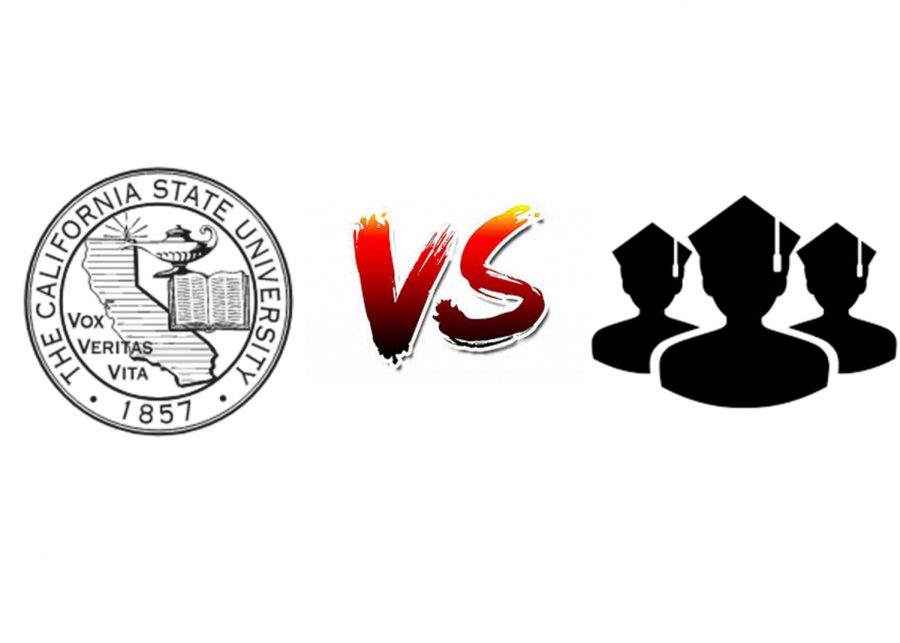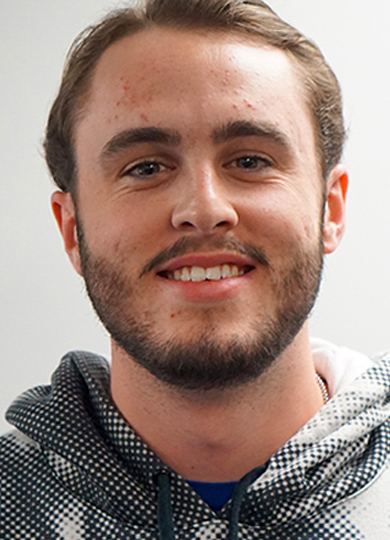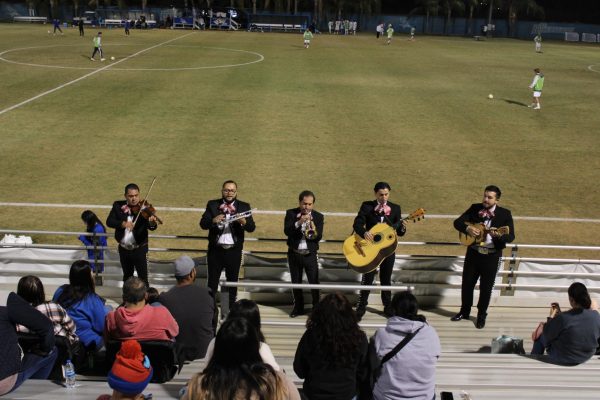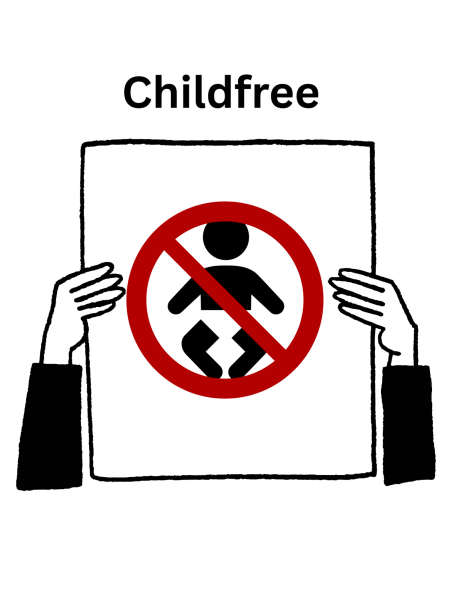CSU and UC systems face lawsuit for nonrefunded students fees
May 5, 2020
A class action lawsuit demanding refunds of student fees has been filed against the California State University and University of California systems as of April 27.
The lawsuit asserts that student fees that have already been paid for by students should be partially refunded due to the closure of all California campuses and the inaccessibility of the services those the fees pay for. The lawsuits were filed in federal courts in Los Angeles and Oakland.
The lawsuit demands that the UC and CSU systems return millions of dollars to the more than 700,000 students they serve in refunded student fees. The inaccessibility of the student services at the forefront of the lawsuit comes from the closure of all California campuses following California Governor Gavin Newsom’s stay-at-home order on March 19.
The student services the lawsuit asserts are inaccessible include recreation centers, health and counseling centers, and libraries. Different CSUs have found virtual or alternative ways to deliver some of these services, like virtual computer labs and counseling and advising sessions over platforms like Zoom.
Senior Director of Public Affairs for the CSU system Mike Uhlenkamp has stated that the lawsuit filed by university students “misstates the facts.”
“Although classes were converted to online instruction after Governor Newsom issued his stay-at-home order, every CSU campus continued to fulfill its mission of providing instruction and services to its students,” Uhlenkamp said.
Uhlenkamp noted that the CSU system has been remotely processing some requests for refunds. The CSU system issued interim policies for refunds regarding tuition and fees on March 19. The refunds delivered are ones that were categorized by the CSU system as being unearned by the campus. These unearned fees include parking services and housing fees.
Attorney Adam Levitt is one of the lawyers representing the students in this lawsuit.
“It is improper for them [the universities] to attempt to retain what amounts to many millions of dollars in aggregate in campus fees they collected from their students, even though they terminated the services that these fees covered,” said Levitt.
The CSU system policy states, “All campuses plan to continue for the foreseeable future to provide academic credit for courses taken and delivered by alternative means, therefore refunds of tuition and other campus mandatory fees are not warranted.”
The CSU system denies any wrongdoing, and Uhlenkamp has stated that the CSU system will “vigorously defend against the suit.”
The UC system also issued guidelines regarding their refund procedures. The UC refund policies also state that “tuition and mandatory fees have been set regardless of the method of instruction and will not be refunded.”
“The tuition is to pay for instruction, not for a particular medium of instruction,” said Janet Napolitano, president of the UC system.
However, amidst the closure of all campuses, the UC system has issued partial refunds to students who were living on campus and are no longer able to do so.
Prior to the lawsuit, some UC and CSU students started petitions asking for partial refunds of student fees. A petition started by UCLA student Michaella Baltazar, set up through change.org, currently has over 44,000 signatures.
The case will be heavily impacted by the statewide order from California Chief Justice Tani Cantil-Sakauye on March 23, which has left nearly all California courts closed or only partially open in order to lower the risk of spreading the coronavirus.








